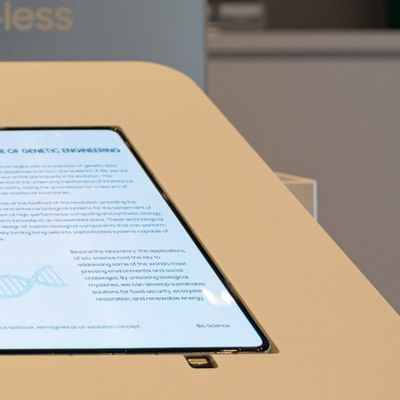Verizon and AT&T's upcoming rollout of new C-Band 5G technology could cause chaos and lead to widespread delays of passenger and cargo flights, major U.S. airlines said on Monday in a letter sent to the White House National Economic Council, the FAA, and the FCC (via Reuters).

"Unless our major hubs are cleared to fly, the vast majority of the traveling and shipping public will essentially be grounded," read the statement, penned by CEOs of American Airlines, Delta Air Lines, United Airlines, Southwest Airlines, UPS Airlines, Alaska Air, Atlas Air, JetBlue Airways, and FedEx Express. More than 1,100 flights could be cancelled, diverted, or delayed, stranding over 100,000 passengers, and airlines have called for "immediate intervention."
The Federal Aviation Administration has claimed that interference from the C-Band 5G could affect airplane altimeters, impacting operations in poor weather conditions. The FAA has already implemented buffer zones around 50 major airports with wireless transmitters close to runways, but the airlines have said that this is not enough and are asking for C-Band 5G to be restricted in a two mile area around airport runways at affected locations.
According to the letter, the FAA has not cleared some of the airports that are "used by most of the traveling and shipping public," which is going to cause significant delays when C-Band spectrum goes live tomorrow.
Given the short time frame and the exigency of this completely avoidable economic calamity, we respectfully request you support and take whatever action necessary to ensure that 5G is deployed except when towers are too close to airport runways until the FAA can determine how that can be safely accomplished without catastrophic disruption.
AT&T and Verizon have been planning to deploy C-Band spectrum to improve their 5G networks since December, but have faced multiple delays due to objections from the FAA and FCC. The two companies last agreed to delay the rollout until January 19, to give airlines more time to prepare to ensure fewer disruptions to air operations.
The two carriers paid billions of dollars for the C-Band spectrum to bolster their 5G networks, and have ensured customers that improvements are coming soon. Verizon last week announced plans to expand 5G Ultra Wideband technology to more than 1,700 cities in the U.S. using the spectrum, and the two carriers are reluctant to agree to further delays.
In response to the letter from the airlines, the FAA said that it "will continue to ensure that the traveling public is safe as wireless companies deploy 5G. The FAA continues to work with the aviation industry and wireless companies to try to limit 5G-related flight delays and cancellations."
Verizon and AT&T this morning said that they will voluntarily delay turning on a limited number of 5G towers to address the aviation industry's concerns. AT&T said that it is frustrated by the FAA's lack of action, given the time the agency has had to prepare.
We are frustrated by the FAA's inability to do what nearly 40 countries have done, which is to safely deploy 5G technology without disrupting aviation services, and we urge it to do so in a timely manner.
At the current time, it seems C-Band spectrum will indeed begin rolling out on January 19 as planned, but areas around some airport runways will not be activated at this time to avoid signal interference.























